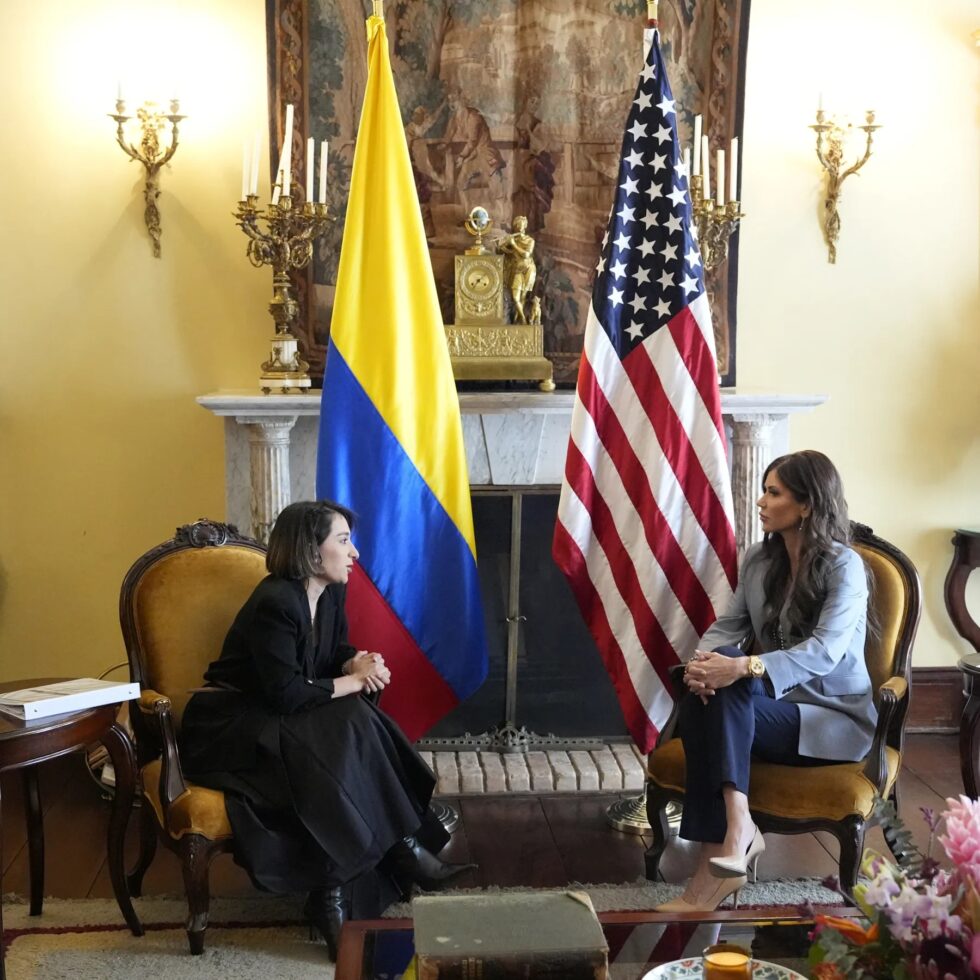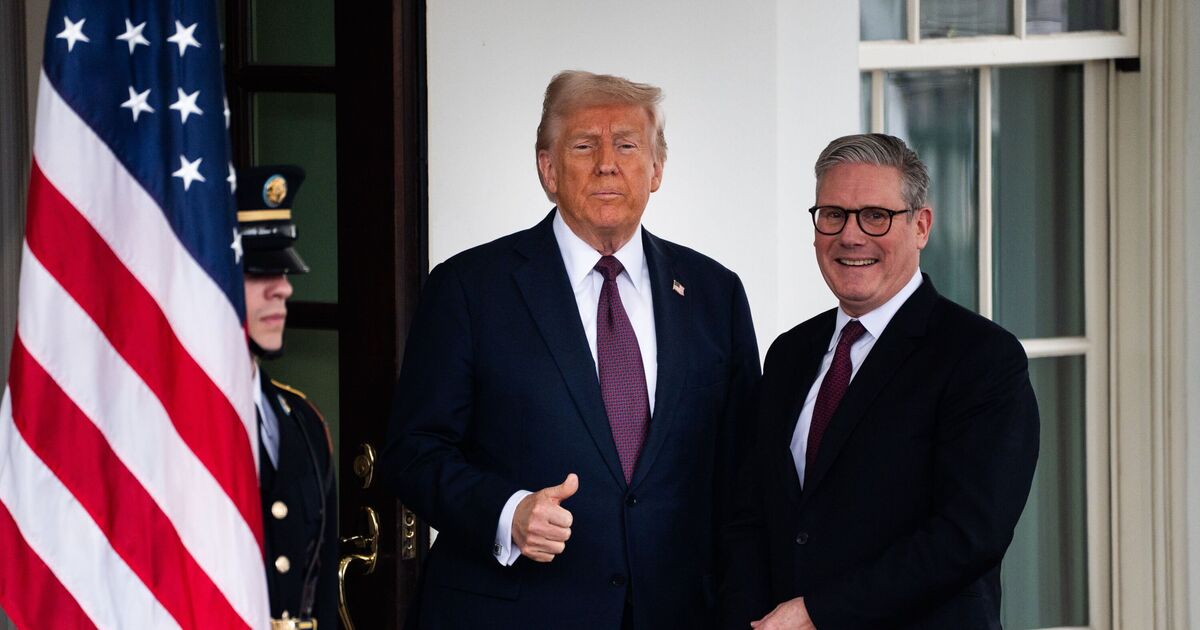
The United States and Colombia have signed a memorandum of understanding in Bogota that would pave the way for the two countries to exchange biometric data collected from migrants.
Homeland Security Secretary Kristi Noem, visiting on Thursday from Washington, DC, framed the agreement as a step towards cracking down on undocumented immigration into both countries.
She particularly emphasised its benefits for Colombia, a frequent destination for migrants and refugees fleeing economic turmoil and political repression in neighbouring Venezuela.
“ This deployment of biometric capabilities under the Department of Homeland Security’s biometric data sharing partnership is going to help us make an impact by helping Colombia — and by helping the Colombian people detect and to stop criminals and terrorists from attempting to cross its borders,” Noem said.
“So while we work together, the people of Colombia will be safer.”
The administration of US President Donald Trump has frequently highlighted the dangers of undocumented immigration, associating it with criminality.
But studies have repeatedly shown that undocumented immigrants in the US tend to commit far fewer crimes than US-born citizens. A study funded by the National Institute of Justice, for example, found that undocumented people are arrested at less than half the rate of native-born citizens for violent crimes.
Still, high-profile incidents, including the 2024 murder of nursing student Laken Riley at the hands of a Venezuelan immigrant, have proven to be galvanising forces on the US right.
“We recognise that there are dangerous criminals and organised, sophisticated cartels and criminal organisations that we need to address together in order to end the horrific things that are being conducted in our communities each and every day,” Noem said on Thursday.
Trump has repeatedly pledged to take action against undocumented immigration, calling it an “invasion” and campaigning on a platform of “mass deportation”.





